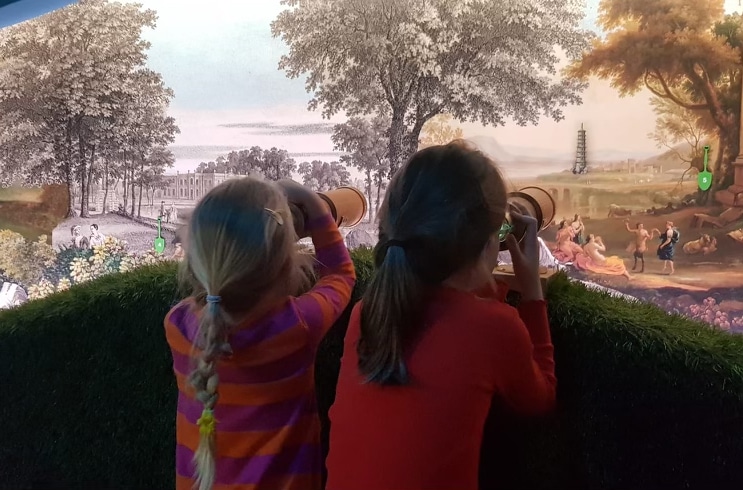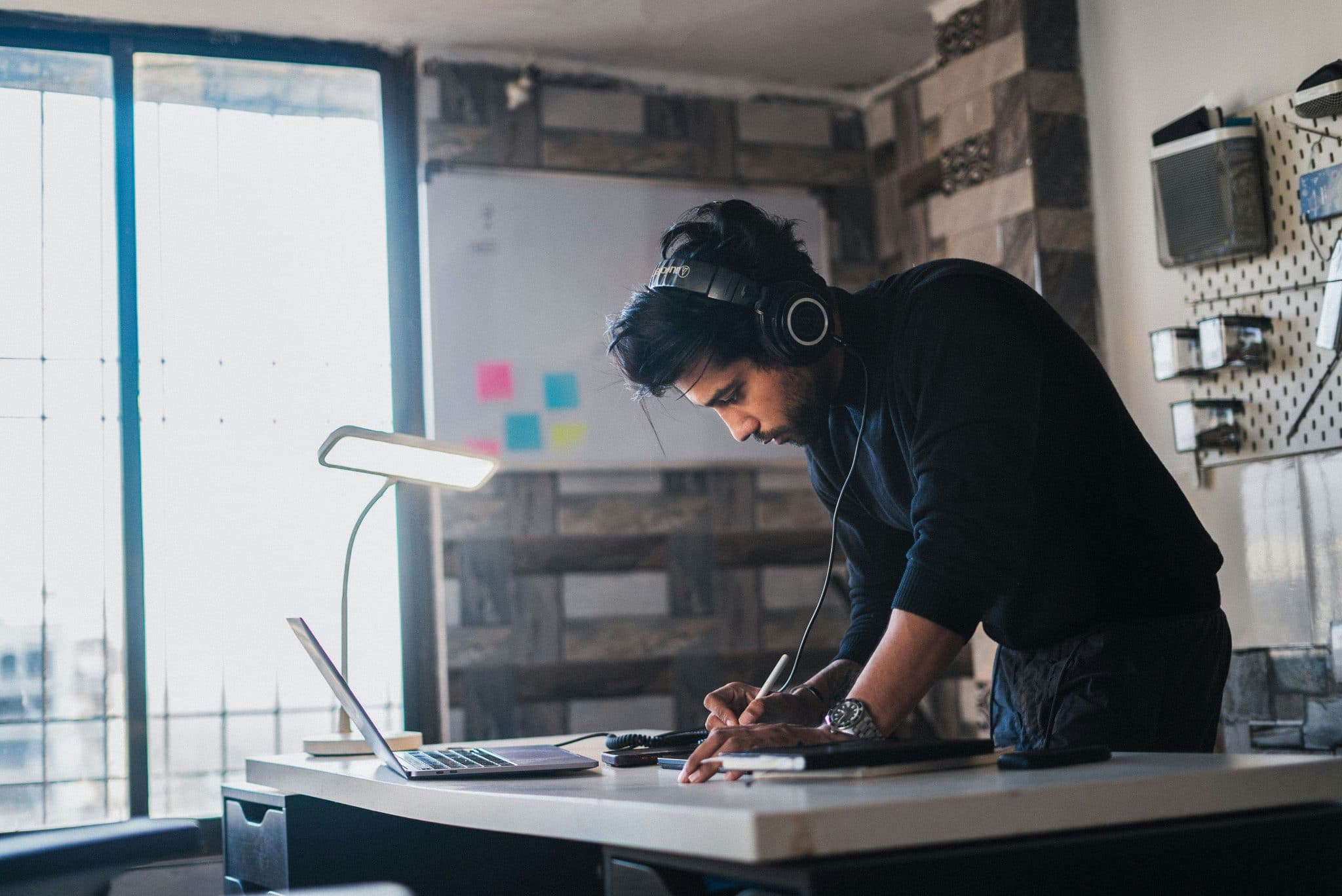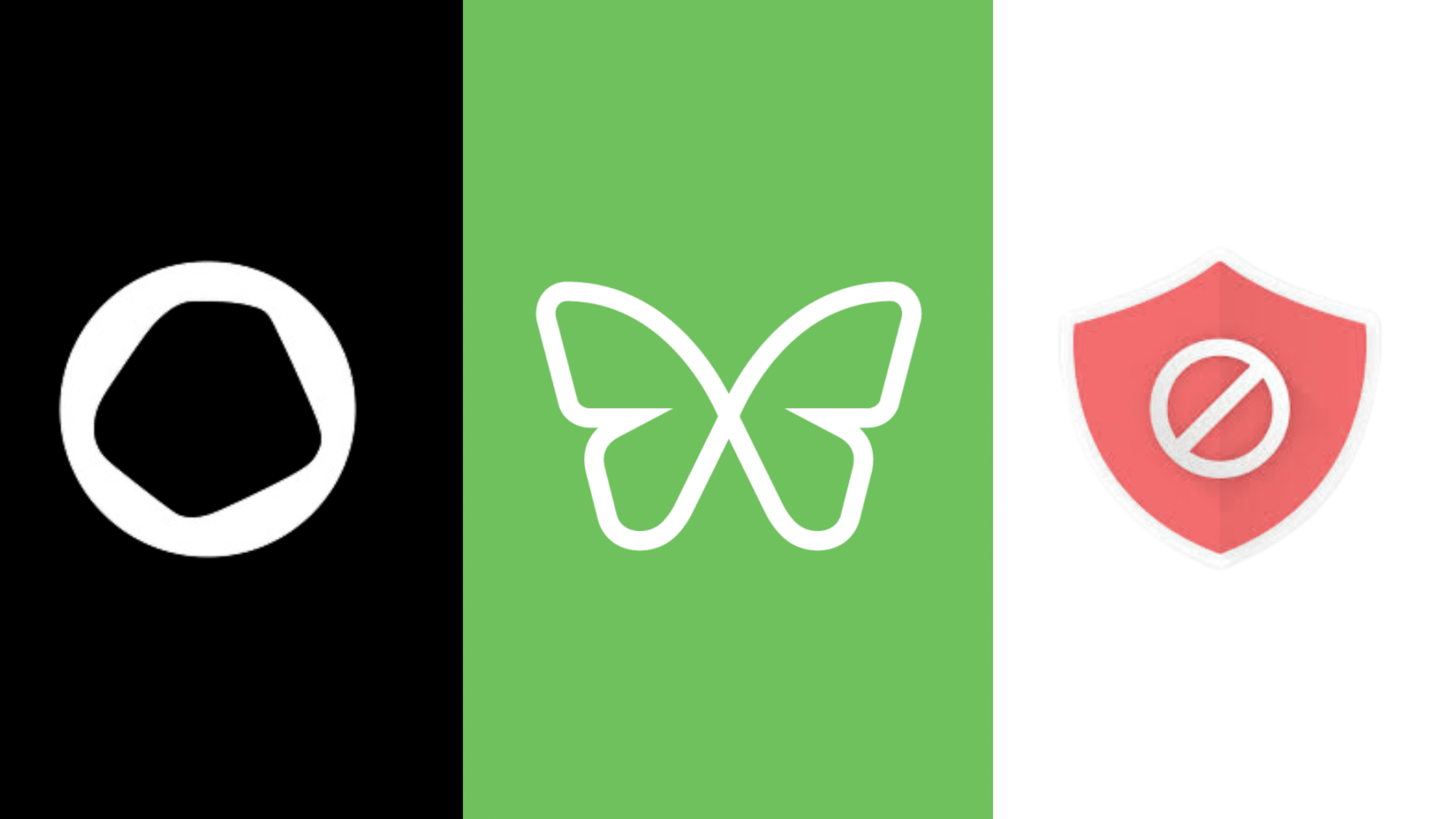Meet the Freedom Team: Georgie Powell

Our podcast host shares her secrets for staying healthy, happy & productive!
It may come as no great surprise to know that we are quite a productive bunch here at Freedom. We do like to practice what we preach, after all! This means that we prioritize the things that matter to us – building a great product, providing an exceptional experience, and ensuring that we preserve time for rest and play, too! Those company values, combined with our fully remote workforce, have resulted in an exceptionally interesting team, full of multi-talented, creative, and super-productive people!
We are extremely proud of the small, but mighty Freedom Family, so we thought it was about time that we share the stories of some of our awesome employees!
Meet Georgie
If you’ve tuned into the Freedom Matters Podcast, you’ll know Georgie as our wonderful host and producer. But there’s so much more to her than that! Georgie was an early pioneer in the concept of Digital Wellbeing, as CEO and co-founder of one of the first screentime apps, SPACE, which now focuses on understanding digital habits.
Georgie is the Founder of Sentient Digital and works with organizations to better understand our relationship with technology so that we can use it more positively, as well as being a recognized thought leader and speaker in the fields of Digital Wellbeing and Responsible Technology.
In addition to her Podcast duties at Freedom, Georgie also supports the Marketing team in Growth Strategy, and is the go-to person for tea and biscuit recommendations!
Here we chat with Georgie to learn more about her journey into the world of digital wellbeing and how she stays productive while juggling all those career and family commitments while maintaining that ever-important balance!

What started it all for you? How did you first become interested in Digital Wellbeing and humane technology?
I remember a night back in 2013 when I was living in Sydney and there was a spectacular lightning storm. The power went out for a number of hours and with no wifi or phone charger, the world fell quiet. I wrote a blog that night about what a relief it was.
Then in 2016, when I had my first daughter, I caught myself looking at my phone in a number of moments when I should have been paying attention to her. I realized I was missing precious moments that I would never have again. At the time I was working for YouTube and Google Play, and becoming increasingly uncomfortable with the fact that my targets were to “increase watch time”. I started to feel a value-disconnection from the work that I was doing, whilst witnessing firsthand how pervasive technology can be.
So I reached out to Mrigaen and Nupur, the creators of one of the original screentime apps, Breakfree, and we partnered to overhaul and relaunch Breakfree as SPACE. Our goal was to help people find their phone/life balance. SPACE became a successful screen time tracker, with over 2 million downloads worldwide. The functionality which we offered is now standard on devices, but I continue to work with them on research projects with universities around the world.
In 2018, at the same time that they launched ScreenTime, Apple launched an attack on many of the screentime and distraction blocker apps in the app store. They hadn’t wagered on the fact that many of us founders were motivated by a social need to reign in tech. The digital wellbeing industry came together and we were able to overturn Apple, which was amazing, not least because it was during this process that I met Fred Stutzman and got to know Freedom.
Freedom’s support for a balanced life, where the needs of family and the importance of breaks and fun are recognized, means that we are all bringing our best selves to work.
What’s your favorite thing about working at Freedom?
There are so many things that I love about working for Freedom!
I love hosting and producing the Freedom Matters Podcast. I had never done anything like this until a year ago, and I never knew I would love it quite so much. It is a privilege to be able to spend time researching and then interviewing many of the leading thinkers at the intersection of productivity, technology, and digital wellbeing.
I am genuinely inspired every week by someone new. I love meeting and interviewing them, and then I love working on the edit, crafting the conversation into something more digestible for an audience. Plus, it has forced me to get back into reading –so many of our guests are writers– which has endless benefits.
Secondly, I think it is amazing how well Freedom operates. It is the first fully-remote team that I have worked with and is by far the most trusting and efficient. Working in an asynchronous way using Trello boards has changed the way I work for the better. I also genuinely believe that Freedom’s support for a balanced life, where the needs of family and the importance of breaks and fun are recognized, means that we are all bringing our best selves to work.
What does an average day at Freedom look like for you?
I am responsible for hosting and producing the podcast and I also support the marketing team with some business development and strategy work.
As I wear a variety of hats and work part-time, I like to plan my week and will map out 2-hour chunks first thing on a Monday, Tuesday, and Wednesday morning, to do a ‘thinking’ job. This might be researching the competitive landscape, planning a partnership strategy, or recording an episode with a podcast guest. I will then generally aim to have some ‘admin’ time, getting through the smaller jobs, checking in with emails, and updating project cards before lunch.
If I am doing well, then at lunch I will take the time to get some fresh air or go for a swim. On the days when I manage this, I am much more productive in the afternoon.
In the afternoon, I will allocate time for ‘chunky’ work which is slightly less cognitively heavy than the mornings. This could be prepping for a podcast, editing an episode, preparing for the week’s meetings, or writing up my thoughts from my morning burst.
We have a team meeting at 3 and then I generally wrap up at 4.30 to pick up my kids from school. When they are asleep I sometimes join back for a US-based team meeting or to interview a podcast guest.
I schedule my time so that I can do the hard work when I need to, then get back to my family and my life for important rest and relaxation.
How do you stay motivated and focused on a daily basis?
I think working part-time naturally helps your motivation. I have a busy week, juggling parenting (I have three young girls), my work for Freedom, and other freelance clients through my business Sentient Consulting. If I am going to deliver what I need to, then I have to be focused, because there is simply no other time to do it!
I have also learned over time that working late or at weekends will only deliver diminishing returns. I schedule my time so that I can do the hard work when I need to, then get back to my family and my life for important rest and relaxation.
What tools or apps help you be more productive?
When I am working deeply in the mornings, I will often run Freedom and I also listen to focus music. This used to be via Spotify, but now I just use Freedom Focus Sounds within the app.
For any difficult thinking work, I will often turn off tech altogether and use a pen and paper, then write it up later.

What is the most significant learning experience you have had since joining Freedom?
I always suspected it, but now I can see clearly that over-communication in companies is toxic and a waste of time. At Freedom, we don’t use email internally (only for purposeful external communication), and Slack is used minimally as a place to create some connection between the team and to launch meetings.
Work happens on project boards, which means that all the relevant information and communication is added to a board, and left for you to read at a time that is right for you. People don’t get bombarded with messages all through the day when they are working on something unrelated and there is no expectation for immediate responses.
Shifting the use of communication tools like this not only takes away distraction, but it means you don’t need to be poised at your desk 24/7 to respond to whoever shouts the loudest. Your responsibility is to do your work, not to be contactable. That is hugely liberating.
Shifting the use of communication tools not only takes away distraction, but it means your responsibility is to do your work, not to be contactable. That is hugely liberating.
What things outside of work do you consider essential to your productivity and wellbeing?
I am lucky enough to have an incredibly supportive husband who is my best friend and a rock-solid stabilizer in my life. He is an amazing dad and we share all the responsibilities of the family which means I can spend time and energy doing the work I love.
Secondly, I need at least 8 hours of sleep a night. Always have, always will. If I don’t get it, I am sluggish and can find it hard to cope. As I get older I’ve learned that on the days when I am tired, the best solution is to have a 20-minute power nap and to carry on super-charged.
I also need lots of exercise and fresh air. We recently moved to the South West of England specifically to be surrounded by nature. I go walking or running in all weather and love it. If I can’t do that for a day or two, I suffer.
Oh, and caffeine… did I mention caffeine? (By the bucket-load, preferably with a chocolate-covered digestive in the other hand).

How do you prioritize the things that matter most to you?
I don’t actually think I am very good at this! Mainly because I think at times it is hard to keep clear about what really does matter most. Maybe I should find a podcast guest to help me with this!
What piece of research regarding boredom, technology, and creativity have you found most astounding?
This is such a hard question! There is too much!
Perhaps it is easier to answer the question, what piece of research regarding boredom, technology, and creativity have you found most astounding today?!
Today I was talking to Susie Alegre who is a forthcoming guest on the podcast and has written extensively on the influence of technology on our Freedom of Thought. We were discussing how algorithms are so effective at manipulating our thoughts and actions. And yet Freedom of Thought is a Human Right. It got me thinking. How much of what we do or say is influenced by our interactions online? To what extent is current technology in conflict with this Human Right? And more worryingly, what influence is the future of technology likely to have?
As computers are increasingly able to do any automatable work, our roles will increasingly focus on emotion, creativity, context, flexibility, instinct – skills that require rest, inspiration, and connection.
How do you envision the future of work?
Now that I have tasted what it feels like to work for a company that is successful at fully-remote, asynchronous work, I don’t think I can go back. I think this is the future of work.
As computers are increasingly able to do any automatable work, our roles will increasingly focus on emotion, creativity, context, flexibility, instinct. All these skills require rest, inspiration, and connection. I am hopeful that more and more people will come to realize that they can find this best by stepping away from their work, from their devices, and connecting deeply with others and the world around them.

What (or who) inspires you?
I know it is a cliche, but my children inspire me every day. I want to be the best version of myself for them. And I want them to grow up knowing that it is important to ask questions and to not accept everything at face value. This, to me, is at the heart of digital wellbeing too.
As I have mentioned, I am regularly inspired by our podcast guests and feel very grateful for that. I also spend time listening to other podcasts they have been guests on or hosted. I love our forthcoming guest, Kirsta Tippett’s podcast, On Being.
In a recent episode, she interviews poet Jane Hirshfield, author of Let Them Not Say. It’s a poem initially written in defense of the environment, published at a time when it seemed most relevant to human inequality, particularly around race. I think it can talk about many things. For me, it is about the power that technology is now wielding over our lives. I don’t want to be one of the ones who never did enough.


